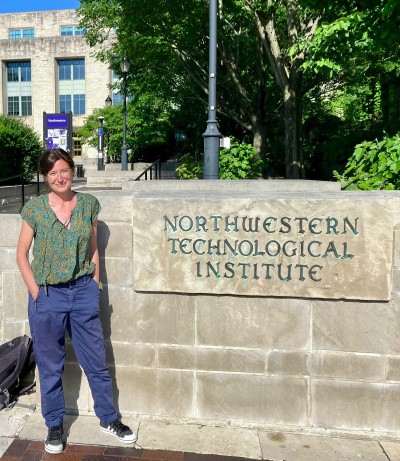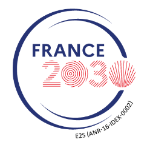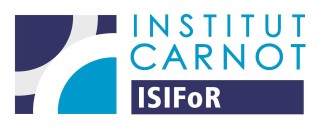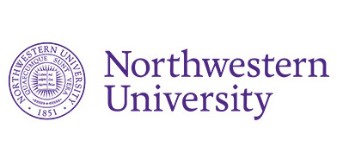Environmental biogeochemistry: Marie-Pierre Isaure on a seven-month research stay in the United States
1 - What is the purpose of a scientific mobility program, and of yours in particular?
The general objective is to enable researchers to enhance their scientific knowledge by spending time at a foreign university, thereby promoting new ideas and collaborations at the international level.
I was able to get the funding I needed by combining three calls for proposals: one for mobility and scientific renewal from I-SITE E2S, one for international mobility from the Carnot ISIFoR institute, and one for a US research grant from Northwestern University. Northwestern is a privileged partner university of UPPA, with partnerships already underway in the field of porous media through the E2S New Frontiers in Porous Materials (Newpores) hub.
The aim of my mobility, which will last until October, is to expand collaborations with this university in the field of environmental biogeochemistry. The research we are conducting with the Civil and Environmental Engineering department focuses on the transformation of mercury in the environment by certain bacteria, with a view to using a biosensor to characterize and understand the assimilation of mercury by microorganisms. More broadly, the collaborations aim to study the interactions between microorganisms, metals, and natural or anthropized environments.
In addition, I have been working for several years with researchers at the Advanced Photon Source synchrotron at Argonne National Laboratory, near Chicago, to image chemical elements at the nanoscale in microorganisms using a multimodal approach based on X-rays. This mobility offers a great opportunity to expand the network of international partners working on these topics by developing an interdisciplinary approach.
It is also an opportunity for immersion at the teaching level, as I have set up a course on metals and critical elements in the environment for doctoral and master's students enrolled at Northwestern.
2 - What experience did you gain from this?
It is an extraordinary experience on every level. First, from a scientific standpoint, it is an opportunity to immerse yourself in other ways of conducting research, otheroperating methods, and, of course, to develop collaborations.
From an educational standpoint, it is an opportunity to immerse oneself in an American university as a teacher, a very enriching experience that provides many new ideas for the future at UPPA.
And finally, it is an exceptional experience on a cultural level, as there is a lot going on at the moment. Chicago is also a very dynamic city, offering great diversity and cultural activity, which I really appreciate.
All in all, I would really recommend this type of experience to everyone, both students and teacher-researchers.



